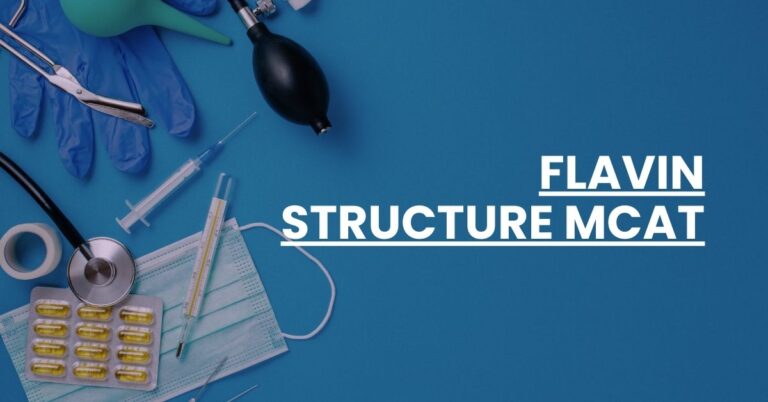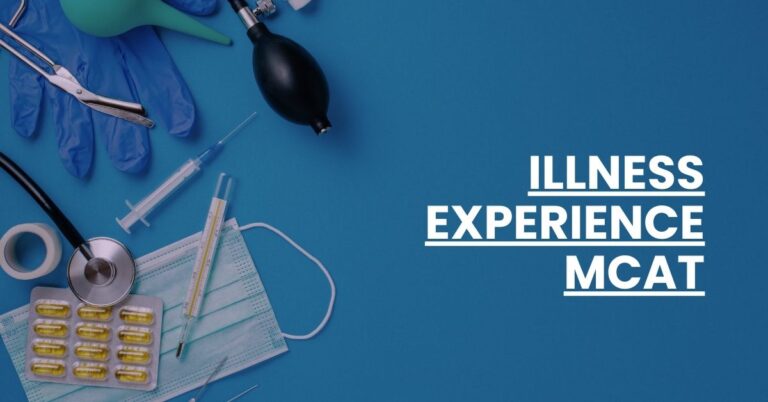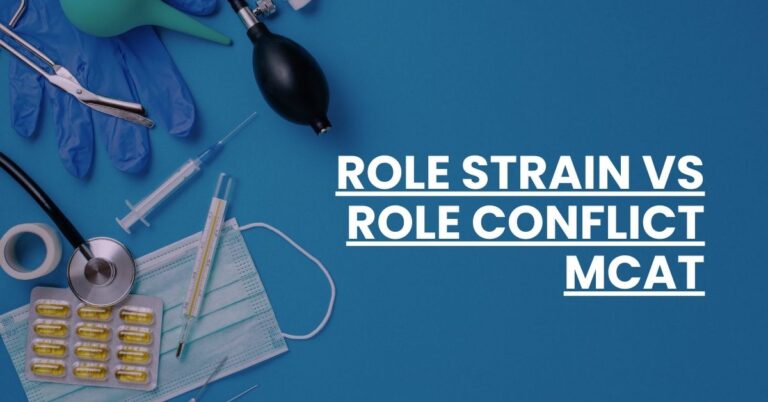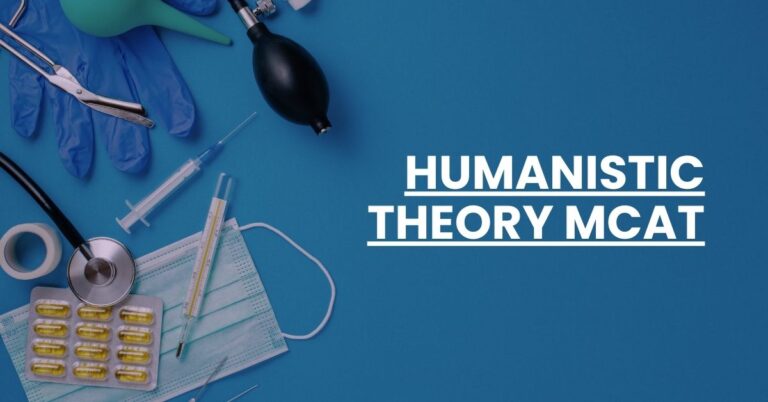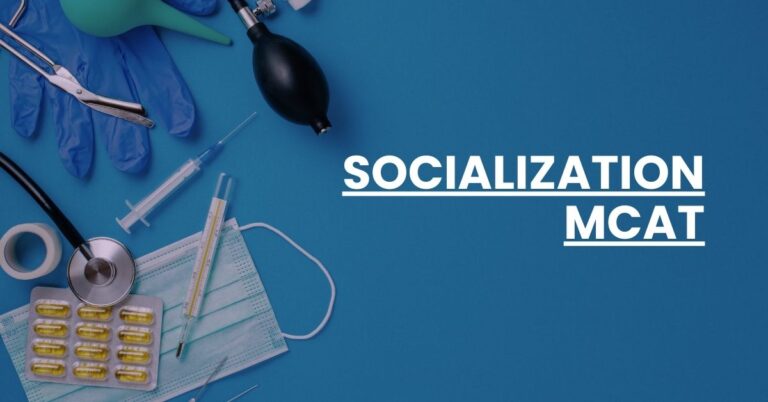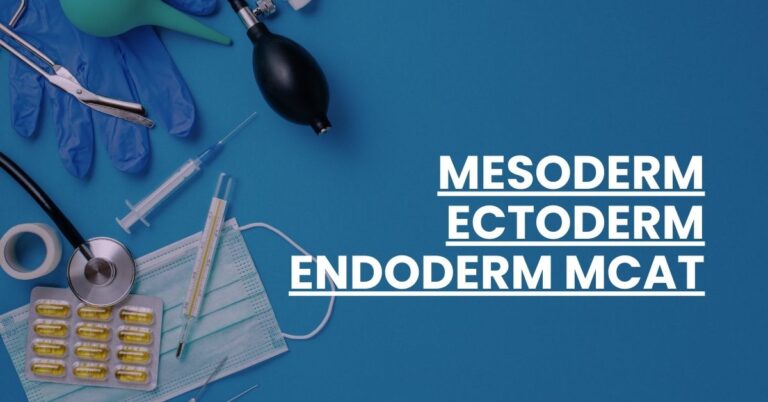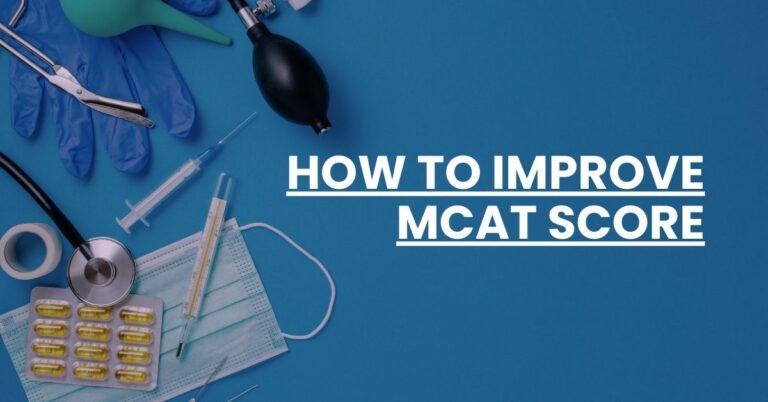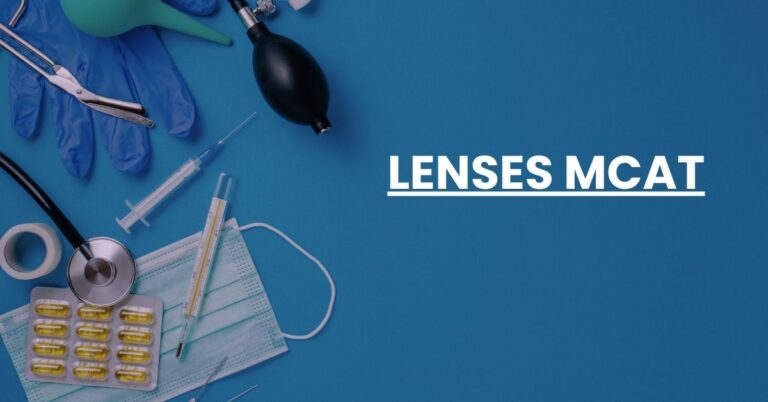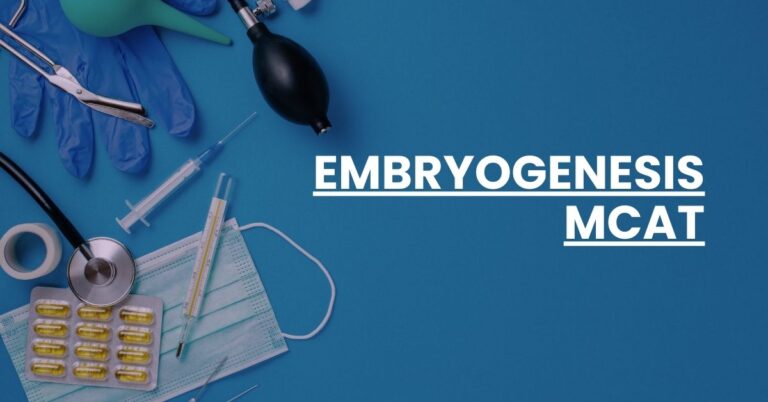LATEST RESOURCES
Flavin structures are integral to cellular processes, playing a vital role as coenzymes in redox reactions within the human body. On the MCAT, understanding the structure and function...
Understanding the illness experience is a core component of the MCAT, particularly within the section on Psychological, Social, and Biological Foundations of Behavior. It revolves around...
In preparing for the MCAT, distinguishing between role strain and role conflict is crucial for grasping social and psychological dynamics in healthcare settings. Role strain involves...
Humanistic theory on the MCAT explores the belief that individuals possess the innate capacity for self-fulfillment and psychological growth. This perspective is crucial for understanding...
Socialization on the MCAT encompasses understanding how individuals develop, interact, and behave within a societal context. It’s a crucial component of the Psychological, Social,...
The Pyruvate Dehydrogenase Complex (PDC) is a key enzyme group essential for transforming pyruvate into acetyl-CoA, a pivotal molecule linking glycolysis and the Krebs cycle in cellular...
Mesoderm, ectoderm, and endoderm are the foundational germ layers integral to human development, a concept crucial for tackling the MCAT. These layers give rise to all the organs and...
How to improve MCAT score? Start with strategic steps that elevate your study routine and exam performance.
Targeted Prep Schedule for MCAT Improvement: Customize a plan to efficiently...
Lenses on the MCAT are critical for understanding optics, a topic that intersects with physics and biology. The MCAT will assess your grasp on:
Types of lenses like converging and...
Embryogenesis in the MCAT is the study of early development stages in humans, from fertilization to the formation of the primary germ layers. This knowledge is essential for future...
No posts found
